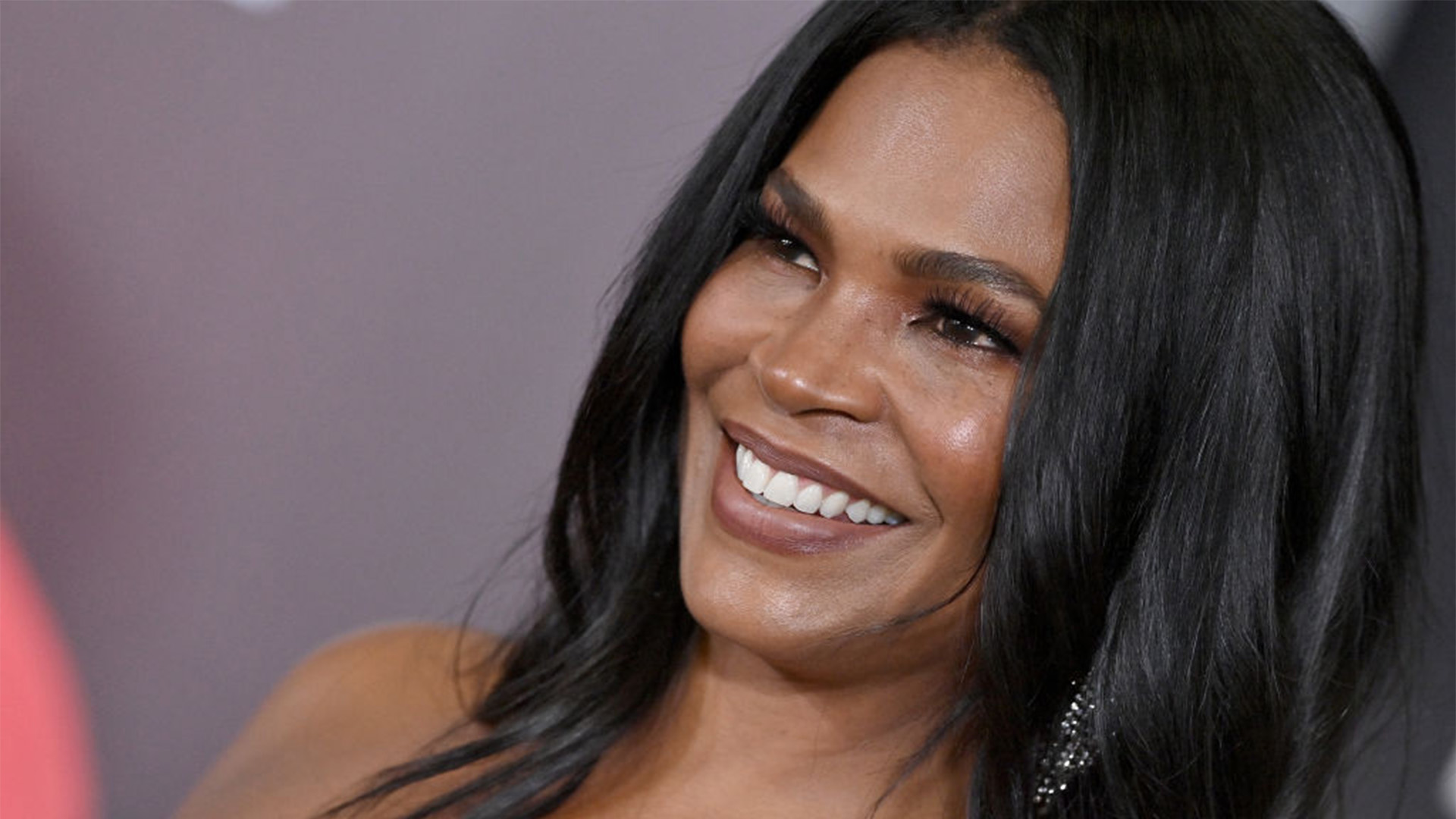Being recognized as one of Hollywood’s best doesn’t always follow with top dollars.
Take actress Nia Long, for example, who revealed she was once paid “peanuts” compared to her male counterparts.
“I’ve watched a lot of men get rich off of the films that I’ve done and I was being paid peanuts,” Long said during an interview with the Associated Press in August 2018. “When I requested or wanted more, I was considered difficult, outspoken, entitled, and all of the things that should not be used to describe a woman who has earned her space, her place, and delivers. And that just doesn’t apply to me. That’s for everyone.”
These conversations are eerily familiar for many talents.
As AfroTech previously told you, Taraji P. Henson admitted she wasn’t paid her worth until Tyler Perry set the standard for her, and producer Shonda Rhimes was almost lowballed by ABC, despite making the network billions. We also told you about Gabrielle Union, who even banded together with other women in the industry to make sure a friend was paid her worth after being lowballed.
Black women haven’t been afraid to speak up. So, it makes sense that Long has been a part of the conversation in the fight for the compensation they rightfully deserve.
“I’ve had to be scrappy,” Long said during an interview with For(bes) The Culture. “I’ve had to ask for more. I’ve had to demand more. I’ve had to speak up. And it’s really hurtful. You go into the project feeling like, ‘Do they really value me? Or am I just another Black woman supporting a story that focuses on the men?’ When we are the backbone of the story of the building of the business, we need to be paid. Because there’s no success if there’s no backbone. There’s no success if the work is not planted in something that is powerful.”

















